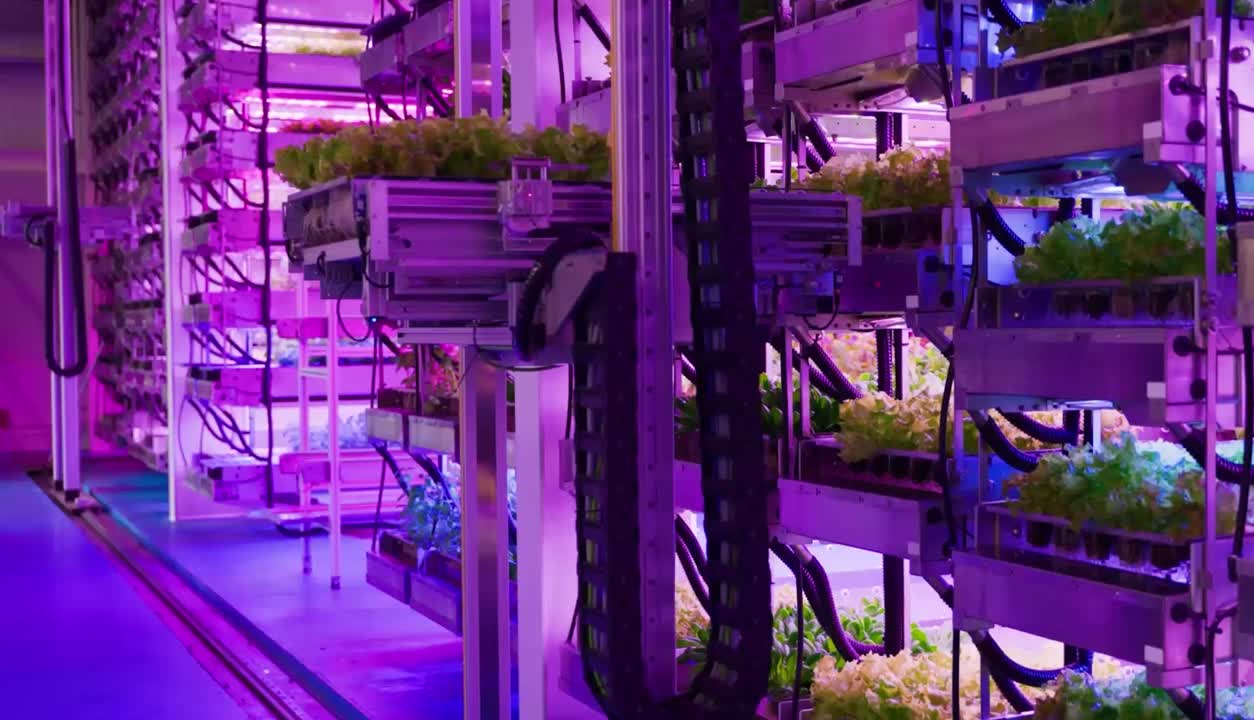Key Takeaways
- Vertical Future has engaged advisors to explore strategic options, including a potential sale, amid insolvency proceedings.
- The company reported revenue of approximately £692,000 and losses of £10 million.
- Recent attempts to raise new capital were unsuccessful, leading to the current review process.
- Despite financial setbacks, Vertical Future has received grants and partnered on high-profile projects in space agriculture, food security, and urban farming.
- The company stated it remains focused on supporting customers and partners during this period.
Vertical Future Confirms Strategic Review Amid Capital Constraints
According to a report by City AM, London-based vertical farming company Vertical Future is reportedly exploring a potential sale after entering insolvency proceedings. According to the report, the firm generated approximately £692,000 in revenue while posting losses of £10 million, and was unable to secure additional funding.
In a statement to City AM, the company said, “Vertical Future can confirm that it has engaged advisors to explore strategic options for the business, including a potential sale.” It continued, “Like others in the vertical farming sector, we have faced significant headwinds in a difficult capital environment. The board continues to work hard to support customers and partners while considering the best path forward.”
Recent Accolades and Research Projects
Vertical Future has remained active across multiple innovation fronts despite its financial challenges. In April 2024, the company was ranked as the top CEA technology firm in the FoodTech500 and placed 12th overall among global agri-tech companies.
That same month, it secured a £1.5 million grant to develop autonomous agriculture systems for space missions, supported by organizations such as NASA, the UK Space Agency, and the Australian Space Agency. This project aims to deliver food, biomaterials, and medicines in space, with potential applications for Earth-based food production as well.
Other initiatives included research collaborations on plant protein alternatives, urban agriculture partnerships in India, and technology deployments targeting reduced agrichemical use and enhanced R&D for space farming.
Vertical Future's Strategic Partnerships and Global Reach
Vertical Future also signed agreements with organizations like the World Green Economy Organization, MODI FRESH in India, and Vertical Farm Systems in Singapore. These partnerships addressed challenges in food security, energy efficiency in vertical farms, and sustainable crop development.
Notably, the company has participated in research backed by institutions such as NIAB, the University of Adelaide, and the Australian Research Council. Projects focused on developing sustainable seed treatments, optimizing plant characteristics for vertical environments, and addressing climate resilience.
Next Steps for Vertical Future
As the company navigates a challenging funding environment, Vertical Future continues to assess strategic alternatives. The firm stated that it will provide updates to stakeholders in due course. While the future of its operations remains uncertain, the company’s past projects reflect broader trends in CEA and agri-tech, including increased public-private collaborations and the application of vertical farming systems to global sustainability goals.



2 Comments